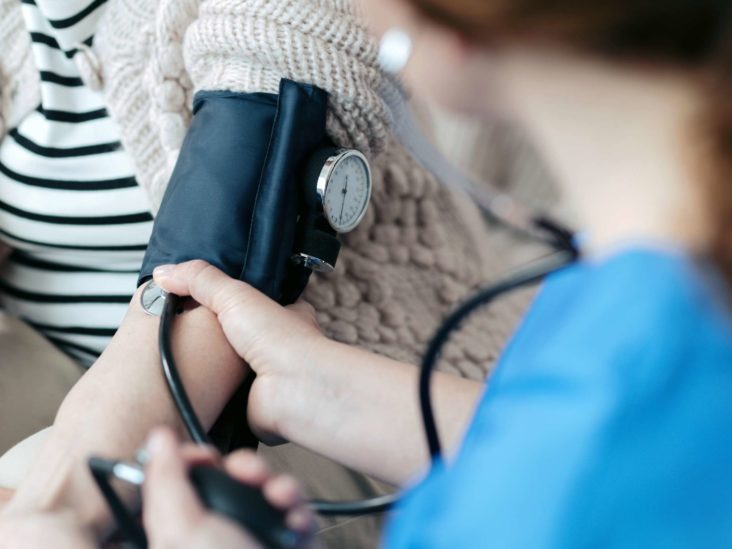
Also known as hypertension, high blood pressure is a quite frequent health condition that affects millions of people worldwide every day. High blood pressure can lead to a lot of different chronic medical conditions, some of which can also be life-threatening. Hypertension will causes heart attacks and evident that often blood donations may be beneficial. Visit this site like blood donation center locations to know more information.
In this article, we are going to talk about high blood pressure and the risks of high blood symptoms.
What is blood pressure?
Blood pressure can be defined as the force of blood, that is circulating, on the walls of the arteries of the human body. Blood pressure can be determined by factors that are two-fold.
- Amount of blood that is pumped by the heart
- Amount of resistance to the blood flow in your arteries.
The larger the amount of blood pumped by your heart, and the narrower the arteries, the higher will be the pressure of your blood on the walls of arteries.
The ideal or normal measurement of blood pressure is 120/80. Any amount of blood pressure above the measurement of 140/90 is considered hypertension. You ought to see a doctor if your blood pressure is above 180/120. This is an extremely severe condition and you must not ignore it.
What are the symptoms of high blood pressure?
Let us now take a look at the high blood symptoms.
There are usually no symptoms of hypertension that can be detected at the earliest. There are some risk factors and causes that could lead to high blood pressure. The only accurate way to find out if your blood pressure is high or not is to measure it.
If you have constant headaches, and nosebleeds, then you must see a doctor as these may be high blood symptoms.
The following are some risks and vulnerabilities that could lead to high blood pressure:
- Age: People who are older are more vulnerable to high blood pressure. The blood pressure keeps increasing as you age. Men are more susceptible to high blood pressure by the age of 64 and by the age of 65, women are also more likely to develop high blood pressure.
- Genetics: If there are any family members who have high blood symptoms, and have high blood pressure, there is a possibility that you may also develop the condition due to genetics. This condition of high blood pressure can also be hereditary.
- Too much salt and too little potassium in your diet: If there is too much iodine or salt in your diet, then it may retain fluid in your body which can cause high blood pressure. Potassium is the source of balancing salt in the body. If potassium is too little in your body, it may not be able to regulate the amount of salt in the right quantity which can cause high blood symptoms.
- High amounts of stress: If you live in a stressful environment or are constantly stressed, it can also cause your body to react negatively and increase the amount of blood pressure in your body.
It is important for you to see a doctor as soon as possible if you have any of these risk factors. Of course, there are many other factors that determine your vulnerability to produce high blood pressure. You should maintain physical as well as mental health fitness in order to keep yourself healthy and disease-free.

